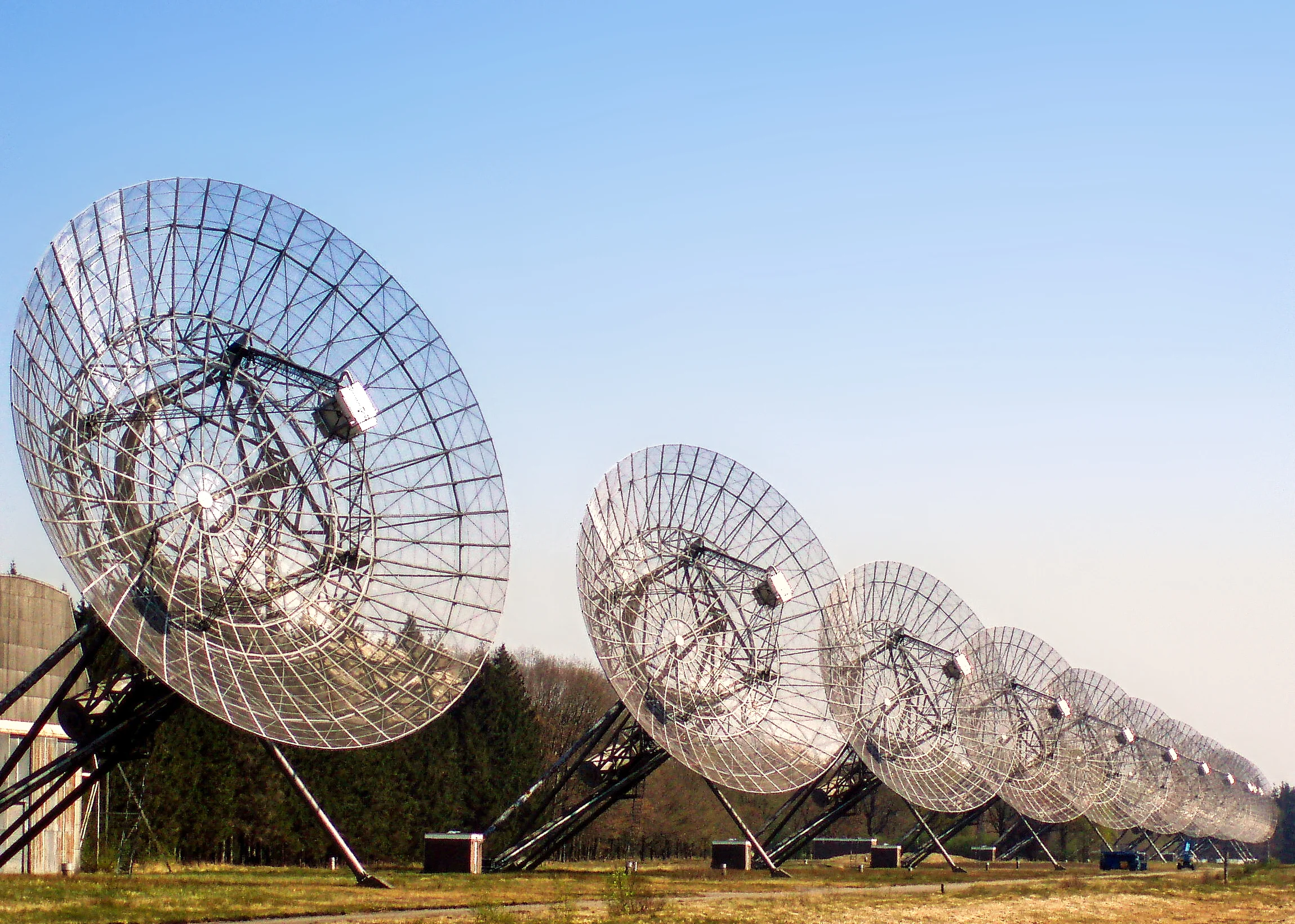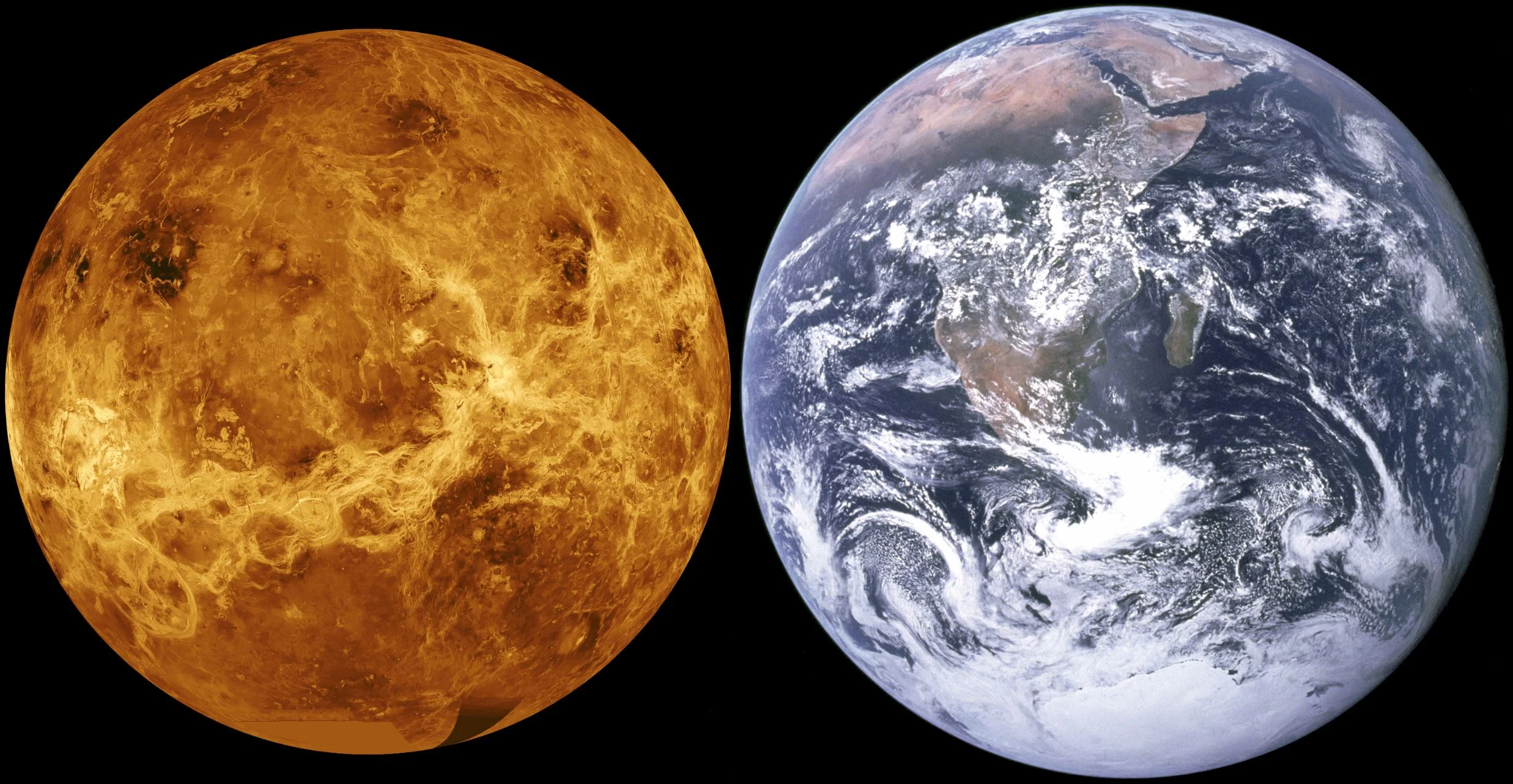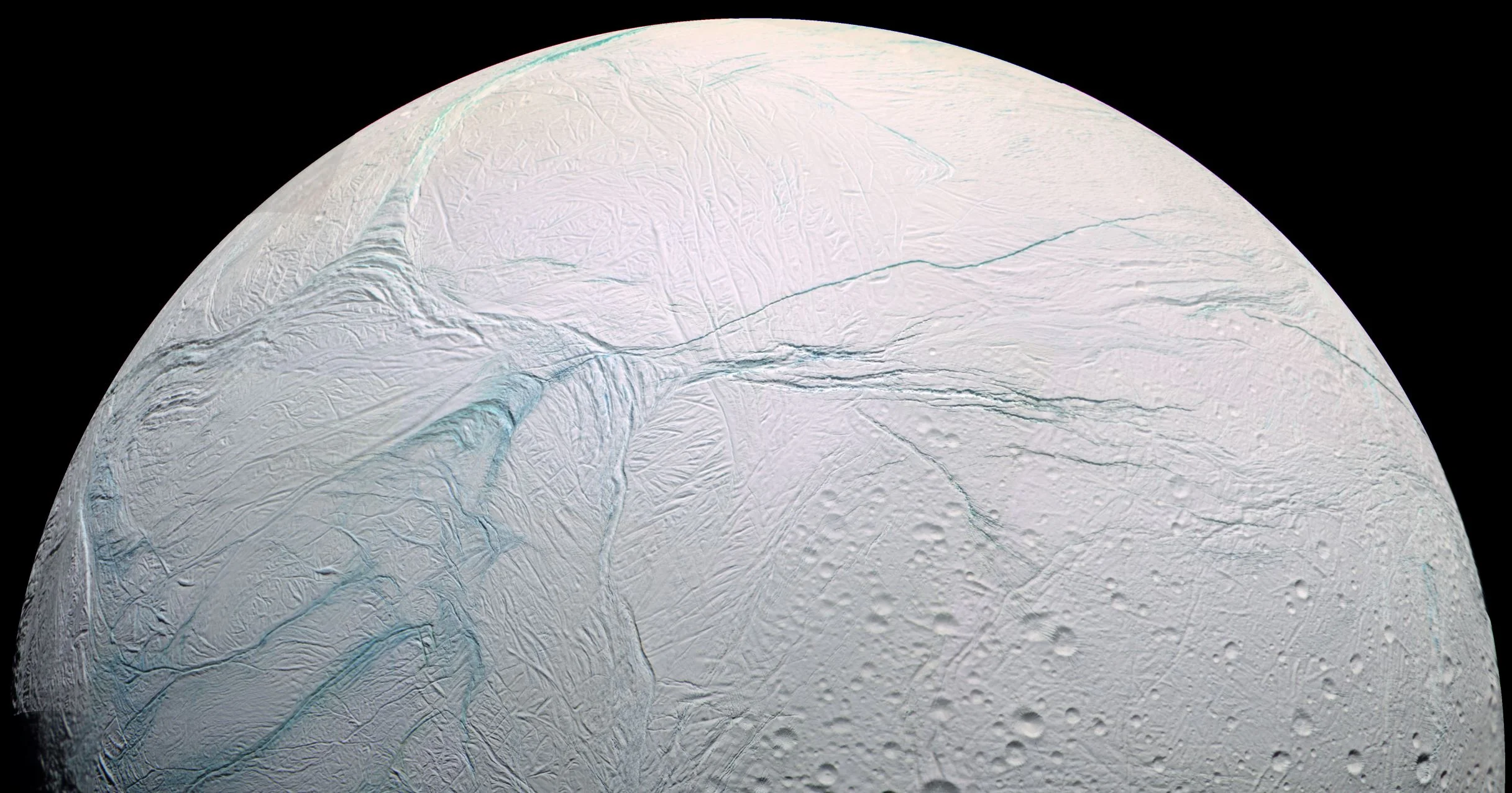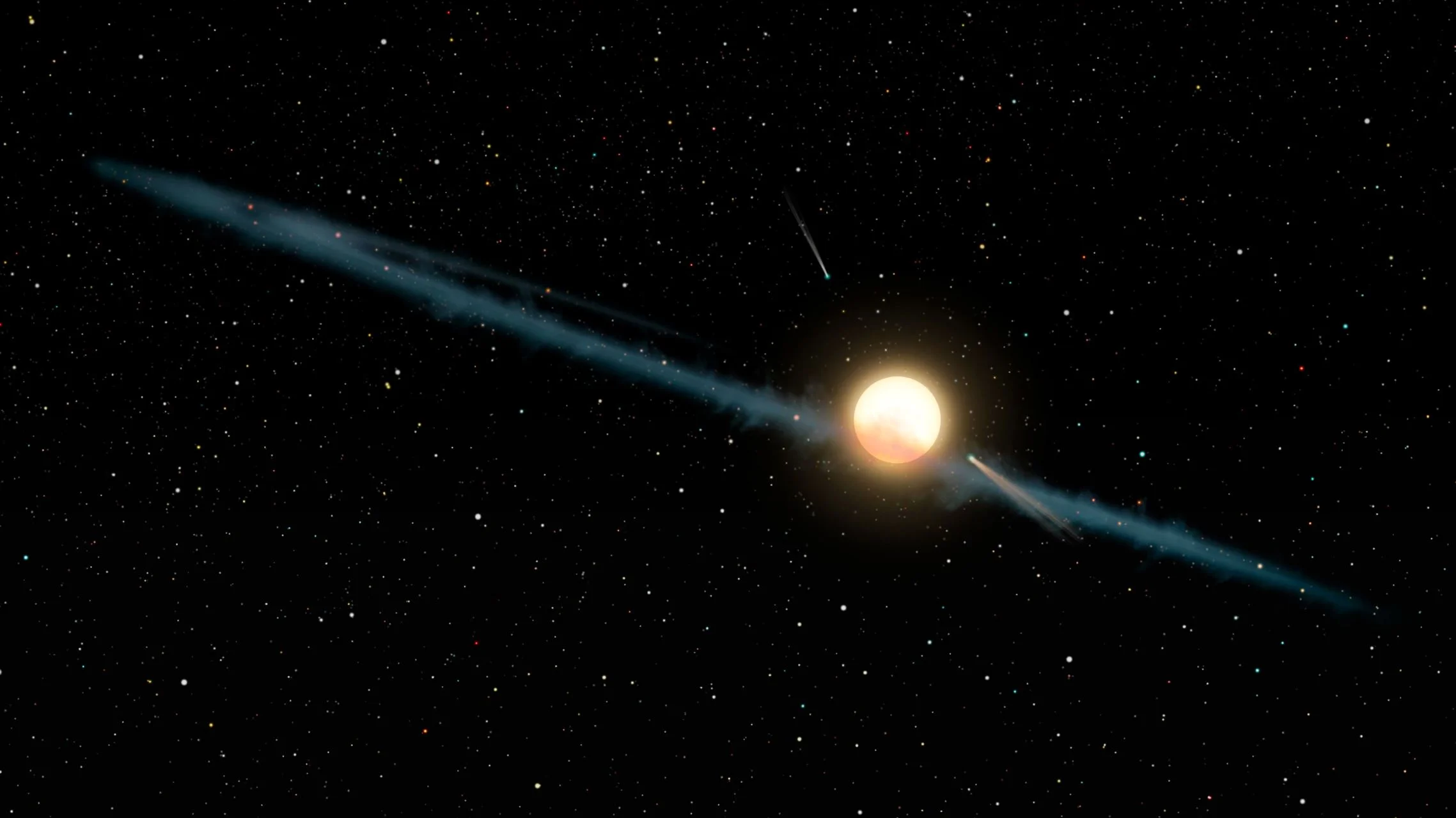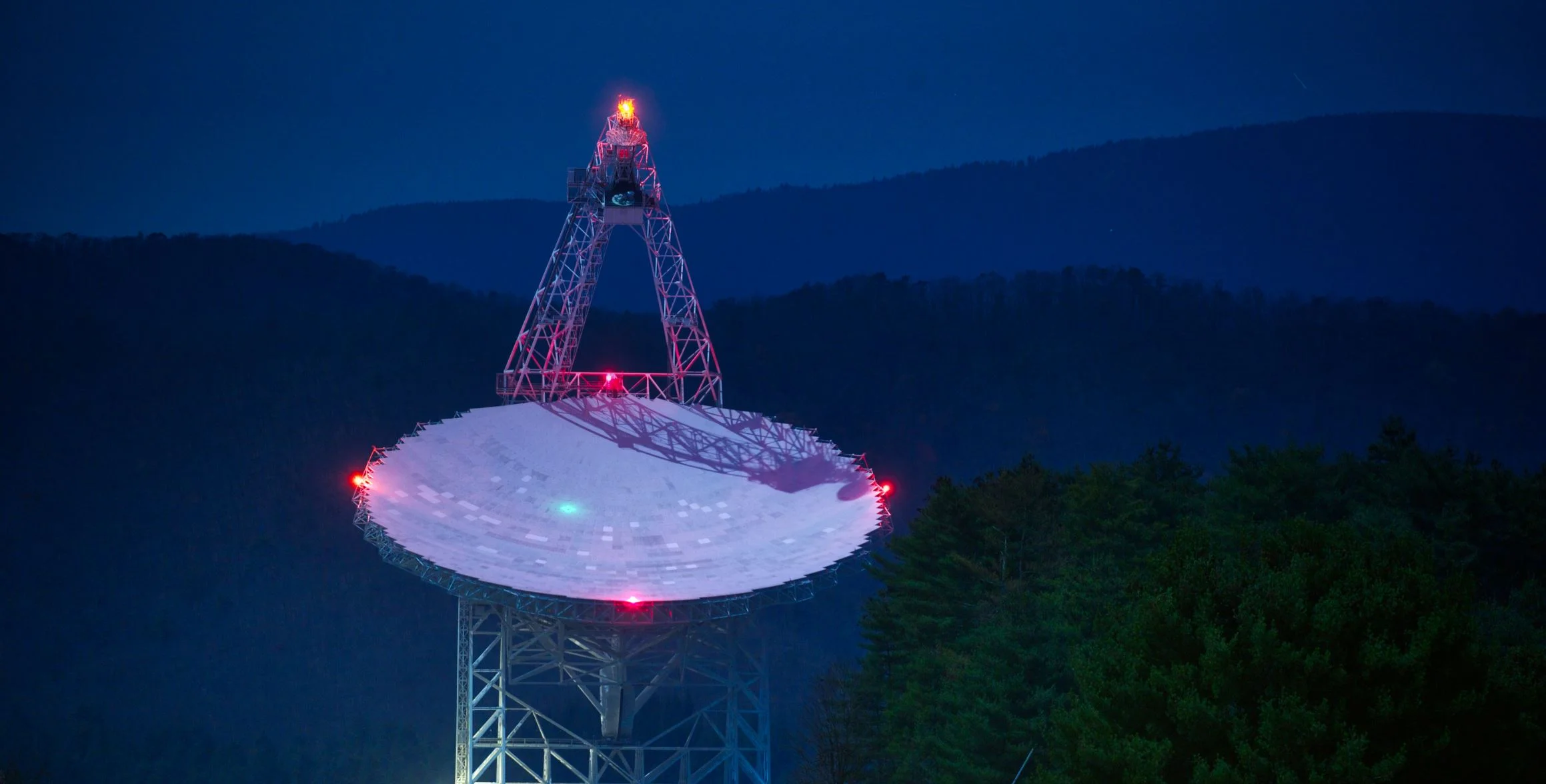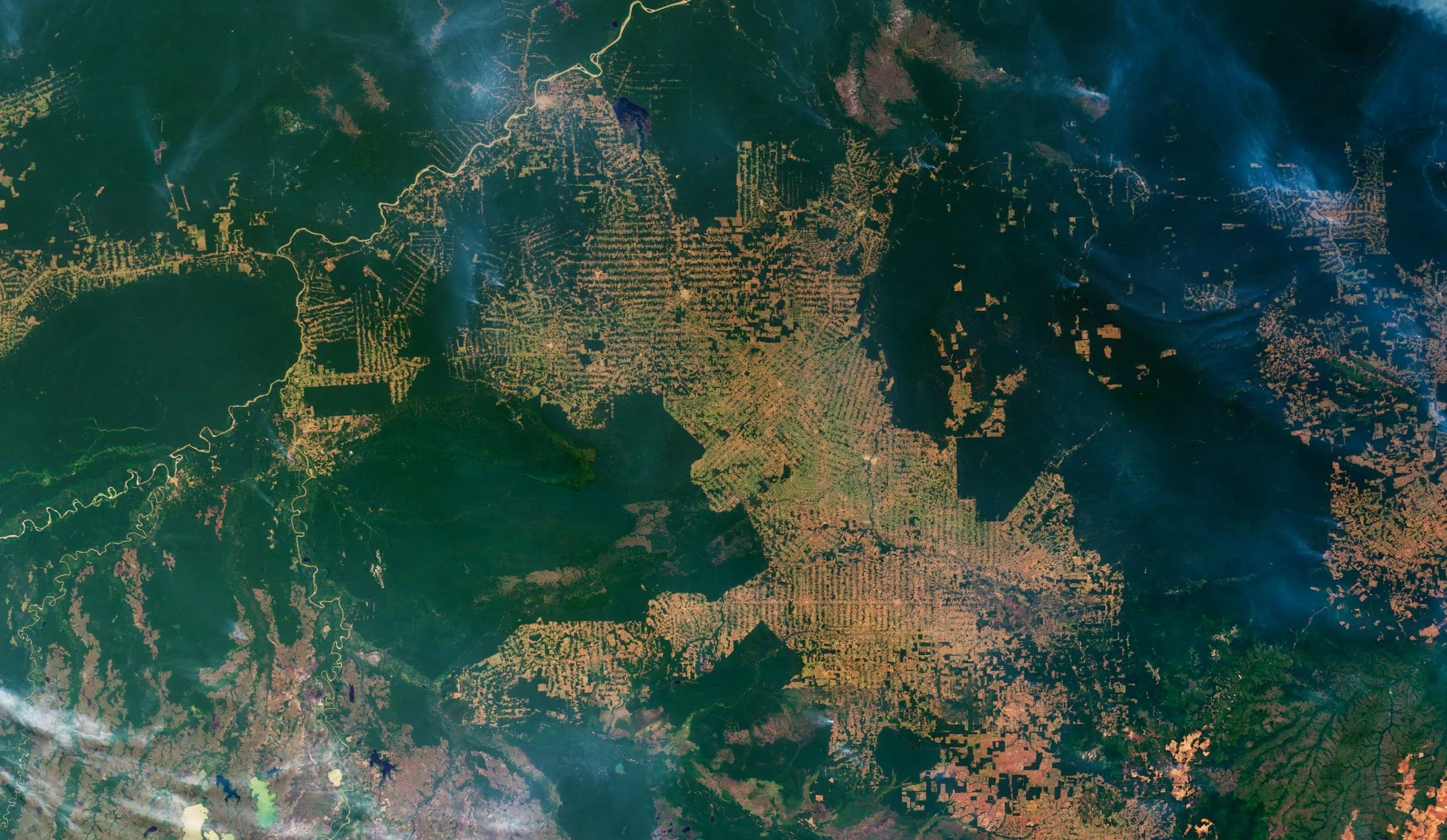Scientists continue their fight against Alzheimer's Disease. One of the latest tools in this fight against this horrible disease can be found in the form of deep brain stimulation. Wissam Deeb from the University of Florida explains:
Six galaxies discovered that shouldn't exist due to their mysterious lack of dark matter
Contrary to popular belief, study shows that cats are actually really attached to their humans
New simulations show that in a distant past, Venus might have been habitable for billions of years on end
Scientists successfully used self-learning neural networks to study dark matter
Enceladus Causes Snowfall On Other Moons of Saturn
New Battery Tech: Capacity is Likely to Improve while Charge Time Could be Cut Using 'Nanochains'
Something is killing galaxies, and scientists are on the case
Scientists may finally have an explanation for the mysteriously dimming star that has captivated us for years
Scientists discovered the most massive neutron star ever, almost too enormous to exist!
New measurements show that the universe is expanding faster than we thought
An international team of scientists has measured a new, higher value for the speed at which the universe expands. They used two massive galaxies as "gravitational lenses" to investigate the light from remote objects. The study was led by the Max Planck Institute for Astrophysics in Garching in Germany.
Pure fruit juice: healthy, or not?
Dirty money: E.coli and MRSA super bugs on our banknotes
Why do astronomers believe in dark matter?
Astronomers discovered the first exoplanet in a habitable zone with water in its atmosphere
Astronomers discovered water vapor in the atmosphere of super-earth K2-18b, an exoplanet that is orbiting its host star in the habitable zone. According to scientists, k2-18b might potentially be the most habitable out of all exoplanets that have been discovered up until this day. The researchers published their findings in the science journal Nature Astronomy
Fascinating new study postulates that black holes might consist of dark energy!
Astrophysicists normally assume that huge systems like the universe, are indifferent to details of smaller systems contained within it. Scientists from the University of Hawaii at Manoa (Kevin Croker and Joel Weiner) have shown that this hypothesis can fail when it comes to compact objects that remain after the collapse and explosion of huge stars.
The Spaceline: an Elevator From the Earth to the Moon
Space elevators are a fascinating concept as they will bring down the cost of space travel enormously. If we really want space travel to become available for the masses in the future we should invest in this concept. Two astronomers recently proposed a new concept building on the idea of a space elevator called a spaceline. Enjoy this curated article on the subject:


